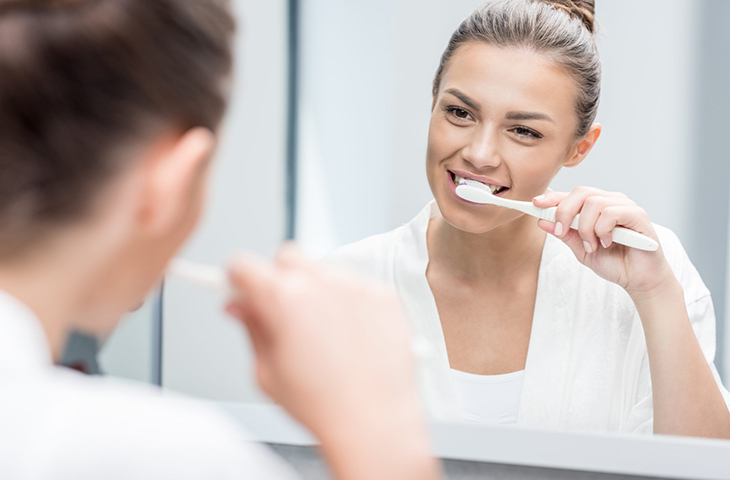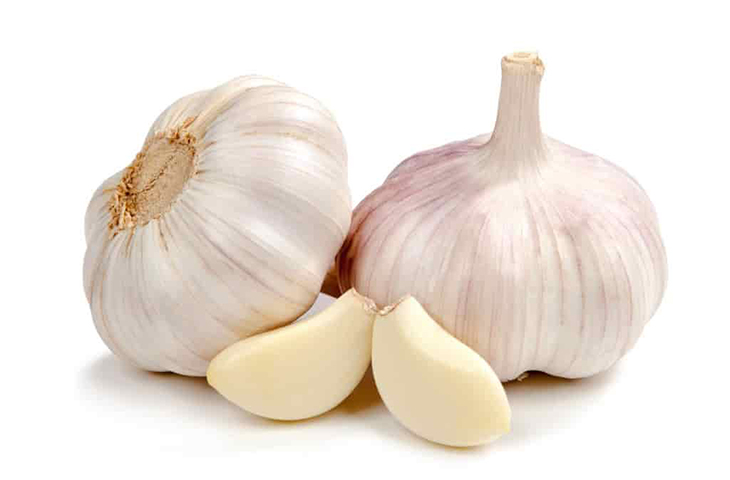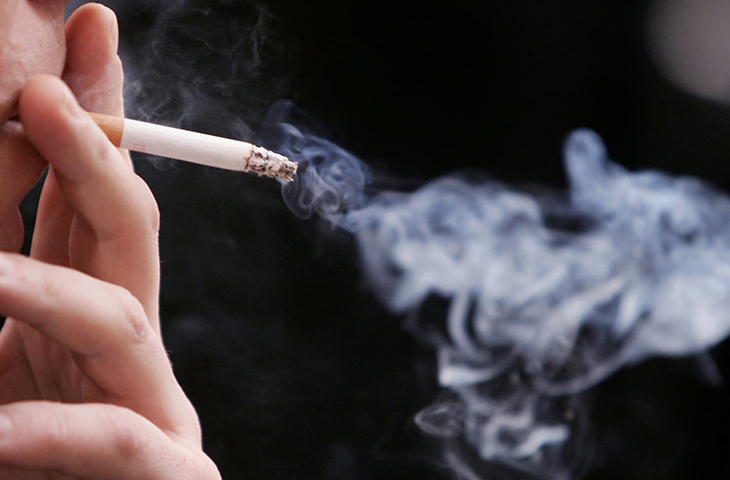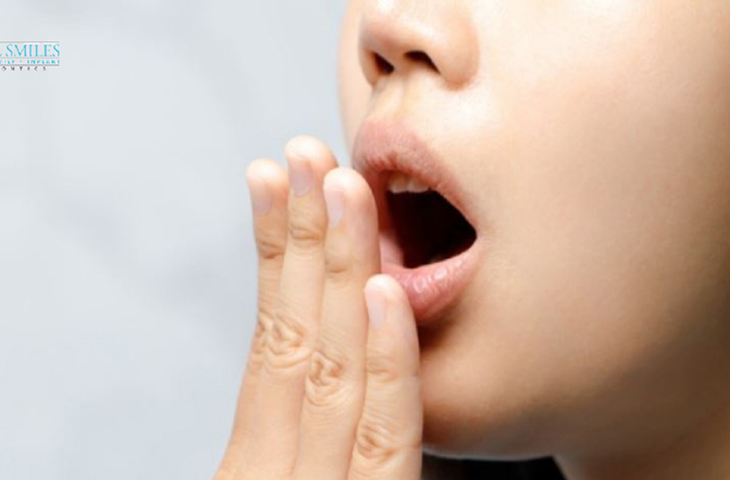Bad breath is an inconvenient issue that can make interactions with people stressful and embarrassing. It can have effects on your social life, public outings, business presentations, and self-esteem. When chewing mint gum isn’t enough to get rid of temporary bad breath, you may have a case of halitosis.
Halitosis is the medical term for bad breath. It causes an unpleasant odor in your mouth and can seem difficult to remedy. If you suffer from this often embarrassing condition, keep reading to find out how to get rid of bad breath. From cutting out foods to quitting bad habits, here are several potential remedies for bad breath.
What Causes Bad Breath?
Bad breath can have several different causes. Knowing what causes halitosis is the first step in learning how to restore a healthy mouth.
1. Poor Oral Hygiene
When you skip brushing your teeth, food particles remain stuck to your teeth. Over time, the remaining food particles will start to break down and release an odor, resulting in bad breath.
The Cure for Poor Oral Hygiene

Brushing your teeth at least twice a day and flossing regularly are two simple ways to keep your mouth clean and your breath fresh. Additionally, scheduling routine dental cleanings will give your mouth a more thorough clean by removing stubborn plaque and tartar.
2. Diet
Certain foods that you enjoy could be the cause of bad breath. For example, foods like onions and garlic are well known for causing bad

Bad Breath
breath. Some other foods and beverages can also contribute to halitosis, including:
․ Coffee

․ Alcohol

․ High-sugar foods and beverages
Bad breath can come from your stomach, meaning that these products may still linger in your breath even if you brush your teeth.
In some cases, an insufficient amount of carbs can result in bad breath. When you drastically cut your carb intake, your body’s metabolism changes, resulting in bad breath.
How To Get Rid of Bad Breath Caused by Certain Foods
Regularly brushing and flossing your teeth will remove any stuck-on food, like onions or garlic, from your mouth. In addition, adding mouthwash to your oral hygiene routine effectively reduces odor and thoroughly cleans your whole mouth.
If you step up your oral hygiene game and still notice bad breath after eating, you may need to consider cutting out certain foods. Eliminating odor-causing foods from your body can be an effective treatment for bad breath.
3. Smoking or Using Tobacco Products
Tobacco products such as cigarettes, cigars, or chewing tobacco cause more than bad breath. Tobacco use often leads to gum disease, tooth decay, and other serious health concerns.

Treatment for Bad Breath Caused by Tobacco
Completely cutting out smoking or any other tobacco use is the best way to prevent bad breath and tooth decay. Nicotine remedies at your local pharmacies, such as gum or patches, can help you begin the quitting process.
Always consult your physician with any questions about tobacco use and cutting out nicotine.
4. Dry Mouth
Also known as Xerostomia, dry mouth is a medical condition in which your mouth cannot produce a sufficient amount of saliva. Xerostomia is a common cause of bad breath among adults.
Saliva production is essential for cleaning your mouth. It washes away any leftover debris or food particles. When your mouth cannot produce enough saliva, food debris remains in your mouth, resulting in bad breath.

How to Get Rid of Bad Breath Caused by Dry Mouth
Some cases of dry mouth require special treatment. You can find most dry mouth medication over the counter at your local drug store.
Talk with your dentist about other solutions to dry mouth. Your dentist may recommend artificial saliva or sugar-free hard candy to help reduce your dry mouth.
5. Prescription Medications
There are very few prescription medications that come with no side effects. Many prescriptions can cause dry mouth by decreasing saliva production, becoming another cause of bad breath.
In some cases, prescription medications can change your salivary composition that can result in bad breath.
Bad Breath Remedies

Before considering reducing your medication dosage or cutting it out altogether, make sure to consult with your doctor. If a drug is causing significant discomfort and dry mouth, your physician may recommend alternative medications to reduce symptoms.
A temporary treatment for bad breath is to chew gum. Chewing gum can improve saliva production and leave a fresh taste behind.












